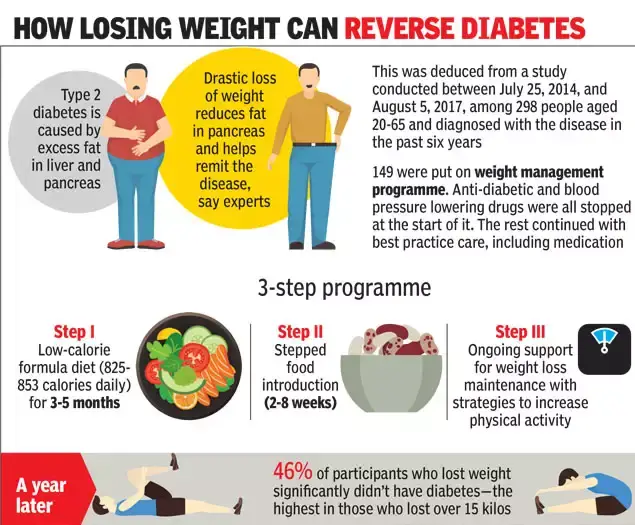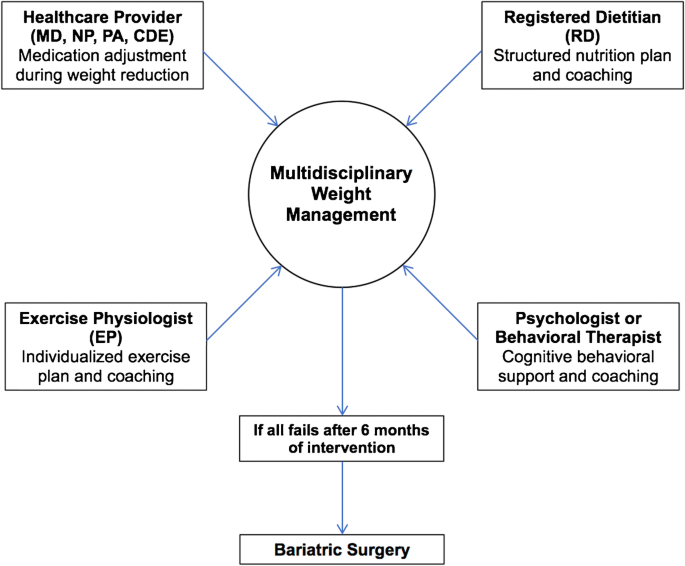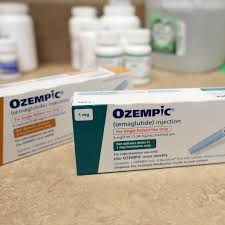The Role of Weight Loss Drug in Managing Diabetes
Are you struggling to manage your diabetes while also trying to lose weight? If so, you may be interested in learning about the role weight loss drugs can play in helping you manage your condition. This article explores the potential benefits of weight loss drugs in managing diabetes, highlighting how they can assist in achieving better blood sugar control and overall health. Discover how these medications can complement your diabetes management plan and support your weight loss efforts, ultimately improving your quality of life.
The Role of Weight Loss Drug in Managing Diabetes

Introduction to weight loss drugs
Weight loss drugs have become a popular option for individuals with diabetes who are looking to manage their condition. These drugs are designed to assist in weight loss, which plays a crucial role in diabetes management. By aiding in weight reduction, these drugs can have a significant impact on regulating blood sugar levels and improving overall health outcomes for individuals with diabetes.
How weight loss drugs can help manage diabetes
Weight loss drugs can be beneficial for individuals with diabetes as they can help with weight reduction, which is closely linked to better glycemic control. When excess weight is lost, insulin sensitivity improves, making it easier for the body's cells to take in and utilize glucose effectively. This, in turn, leads to more stable blood sugar levels and a reduced risk of diabetes-related complications.
Types of weight loss drugs
There are different types of weight loss drugs available to individuals with diabetes. Some of the commonly prescribed medications include:
-
Orlistat: This drug works by inhibiting the absorption of dietary fat in the gut. It is typically used in combination with a reduced-calorie diet to aid weight loss and improve blood sugar control.
-
Liraglutide: Originally developed as a medication for diabetes, it has since been found to have weight loss benefits. Liraglutide works by slowing down the digestion process, leading to increased feelings of fullness and reduced appetite.
-
Phentermine-Topiramate: This combination drug is an appetite suppressant and anticonvulsant that has shown promise in aiding weight loss. It can be an effective option for individuals with diabetes struggling with obesity.
Benefits of weight loss drugs in managing diabetes
The use of weight loss drugs in managing diabetes offers several benefits. Firstly, these drugs can lead to substantial weight loss, which is particularly beneficial for individuals with type 2 diabetes. Weight loss helps improve insulin sensitivity, which is crucial for effective blood sugar control. Additionally, shedding excess pounds can help reduce the need for diabetes medications and lower the risk of cardiovascular complications associated with diabetes.

Side effects of weight loss drugs
Weight loss drugs, like any medication, can have side effects. It's essential to be aware of these potential adverse effects before starting any weight loss drug. Common side effects may include gastrointestinal symptoms such as nausea, vomiting, diarrhea, or constipation. Other side effects can include headache, dizziness, insomnia, or dry mouth. It's crucial to discuss these possible side effects with your healthcare provider and weigh the risks against the potential benefits of weight loss drugs.
Criteria for considering weight loss drugs
Before considering weight loss drugs for diabetes management, it's important to meet specific criteria. Generally, these criteria include having a body mass index (BMI) of 30 or higher or a BMI of 27 or higher with comorbidities like hypertension, dyslipidemia, or sleep apnea. Additionally, individuals should have attempted lifestyle modifications for weight loss, such as implementing a healthy diet and incorporating regular exercise, without success. A healthcare professional can determine if weight loss drugs are suitable based on your specific medical history and needs.

Effectiveness of weight loss drugs in diabetes management
Weight loss drugs have shown effectiveness in diabetes management, especially for individuals with type 2 diabetes. Studies have demonstrated that these medications can lead to significant weight loss and improvements in glycemic control, reducing HbA1c levels and decreasing the need for diabetes medications. However, it's important to note that weight loss drugs should be used as part of a comprehensive treatment plan that includes lifestyle modifications and regular monitoring by a healthcare professional.
Combining weight loss drugs with lifestyle changes
While weight loss drugs can be an effective tool in managing diabetes, they should not replace the importance of lifestyle changes. Combining weight loss drugs with a healthy diet, regular exercise, and other lifestyle modifications can enhance their efficacy. These lifestyle changes can support long-term weight management and further improve blood sugar control. Working with a healthcare team to develop a personalized plan that includes both weight loss drugs and lifestyle modifications is key to successfully managing diabetes.

Precautions and considerations before using weight loss drugs
Before starting weight loss drugs, it's crucial to consider certain precautions and factors. It's essential to disclose any existing medical conditions, allergies, or medications you are currently taking to your healthcare provider. Some weight loss drugs may interact with other medications, altering their effectiveness or causing adverse effects. Additionally, it's important to have realistic expectations and understand that weight loss drugs should be used as part of a comprehensive approach to diabetes management. Regular monitoring and follow-up with a healthcare professional are necessary to evaluate the effectiveness and make any necessary adjustments.
Future developments in weight loss drugs for diabetes management
The field of weight loss drugs for diabetes management is continually evolving, with ongoing research and development. Scientists and pharmaceutical companies are actively working to develop new medications that are more effective and have fewer side effects. Future developments may focus on drugs that target specific mechanisms related to weight loss and glycemic control, providing more personalized treatment options for individuals with diabetes. It's an exciting time in this area of research, with the potential for even more effective weight loss drugs on the horizon.
In conclusion, weight loss drugs play a significant role in managing diabetes, particularly for individuals with type 2 diabetes. These medications can aid in weight reduction, which is closely linked to improved glycemic control and reduced risks of complications. While weight loss drugs offer several benefits, it's essential to consider potential side effects, meet certain criteria, and combine their use with lifestyle modifications for optimal results. Future developments in weight loss drugs hold promise in providing even more effective and personalized treatment options for individuals with diabetes. Ultimately, working closely with a healthcare professional will ensure safe and effective utilization of weight loss drugs in diabetes management.






